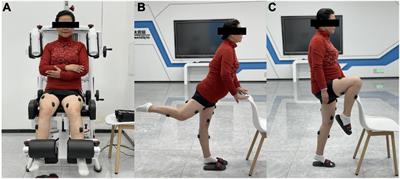EDITORIAL
Published on 06 Mar 2023
Editorial: Acute and chronic changes in postural control in response to different physiological states and external environmental conditions
doi 10.3389/fnhum.2023.1152276
- 2,395 views
13k
Total downloads
51k
Total views and downloads
EDITORIAL
Published on 06 Mar 2023
REVIEW
Published on 12 Jan 2023
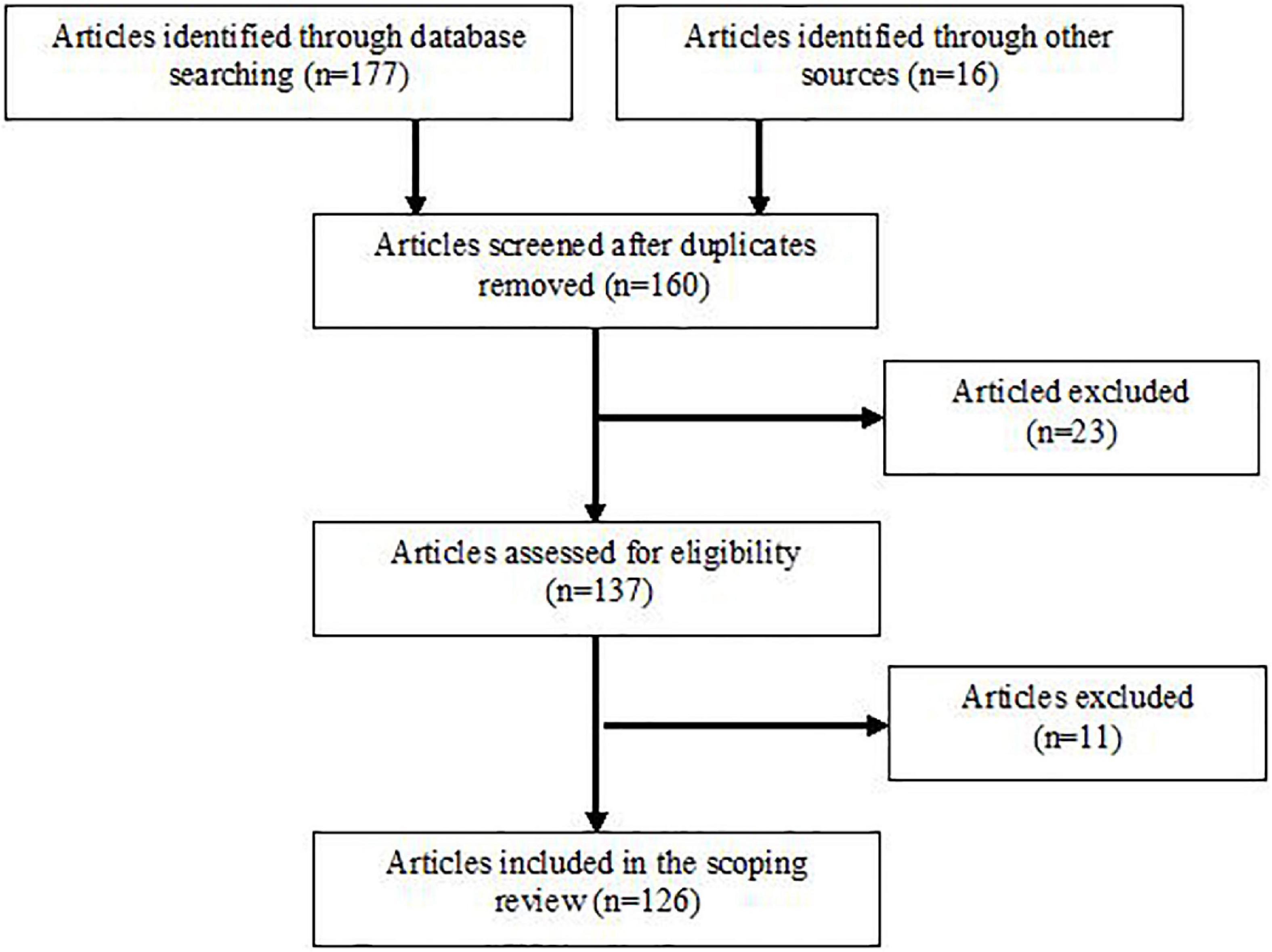
ORIGINAL RESEARCH
Published on 18 Aug 2022
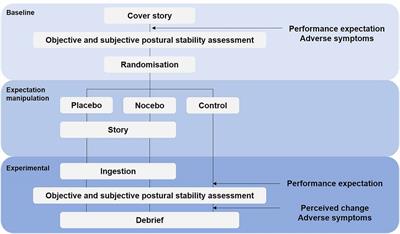
ORIGINAL RESEARCH
Published on 14 Jun 2022
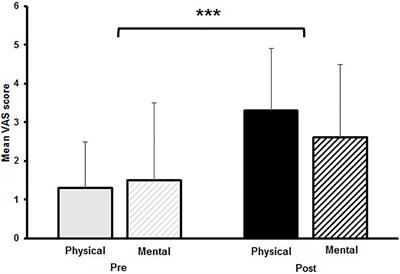
ORIGINAL RESEARCH
Published on 28 Apr 2022
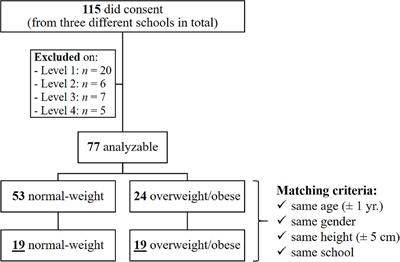
BRIEF RESEARCH REPORT
Published on 29 Mar 2022
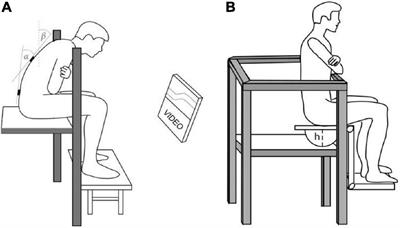
ORIGINAL RESEARCH
Published on 25 Mar 2022
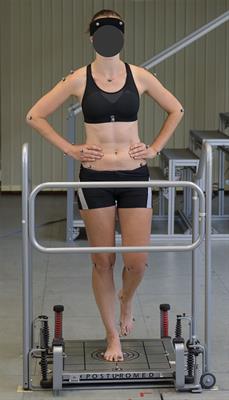
ORIGINAL RESEARCH
Published on 25 Mar 2022
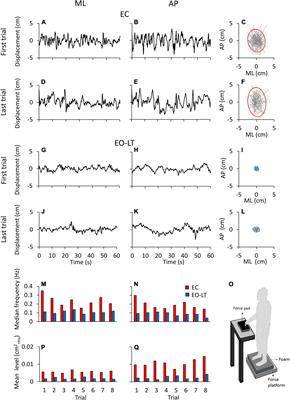
ORIGINAL RESEARCH
Published on 11 Mar 2022
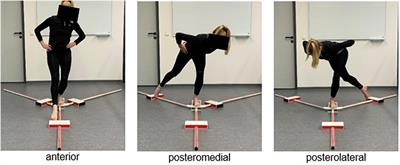
ORIGINAL RESEARCH
Published on 17 Feb 2022
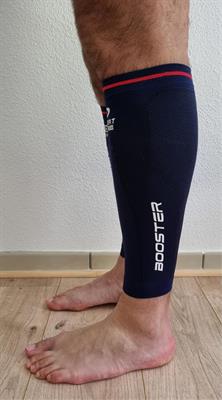
ORIGINAL RESEARCH
Published on 10 Dec 2021
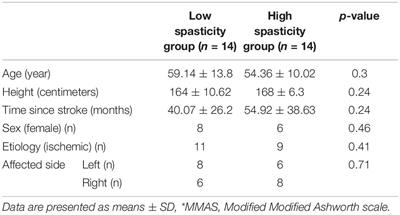
ORIGINAL RESEARCH
Published on 03 Nov 2021
